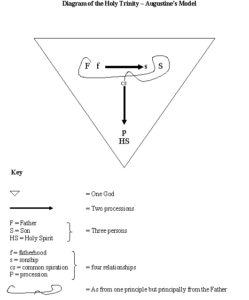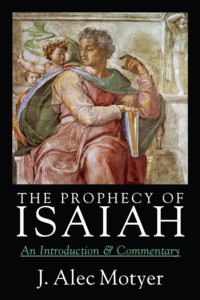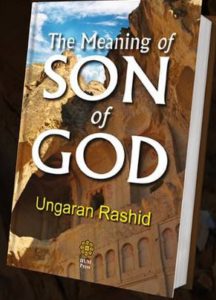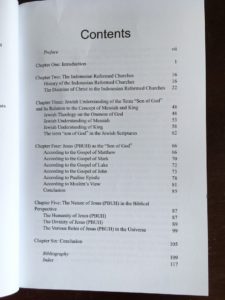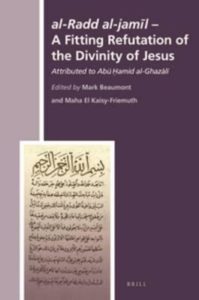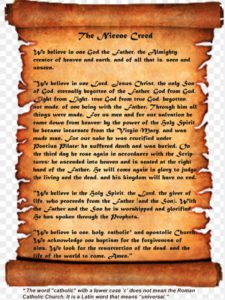 Kairos Podcast 6: Biblical-Nicene Trinitarianism vs Early Heresies. Part 1/6
Kairos Podcast 6: Biblical-Nicene Trinitarianism vs Early Heresies. Part 1/6
Video Link – Trinitarian Pattern in Greetings, Prayers & Worship in the New Testament
Critics of Christianity claim that the doctrine of Trinity was created by the church in the 4th century during the Council of Nicaea convened by Emperor Constantine to serve his political agenda.
While the word “Trinity” is not found in the New Testament, nevertheless, the Trinitarian pattern found throughout the New Testament, that is, the invocation of God in the name of Father, Son, and Spirit, and their divine functions and mutual relationships in the prayers and worship throughout the New Testament confirms that the Triune God was foundational in the life and practice right at the beginning of the New Testament church.
The problem of the Trinity was being raised and answered in the New Testament. It arose because of the development of Christian experience, worship, and thought. It was rooted in experience, for men were conscious of the power of the Spirit and the presence and Lordship of the risen Christ. It was rooted in worship, because men worshipped in the Spirit, offered their prayers to God the Father through Christ, and sometimes worshipped Christ himself. It was rooted in thought, because the writers tackled first the Christological problem, and then, at any rate in the Fourth Gospel, the threefold problem. The whole matter was based on the life and resurrection of Jesus himself, who received the Spirit during his earthly life and imparted the Spirit to others after his resurrection (Oscar Cullmann).
In short, the New Testament account of the work of God through Christ in the Spirit, which was based on the believers’ concrete experience of salvation rather than speculative, abstract metaphysics, provides the basis for Christian thought about the Triune God.
Video Link – Trinitarian Pattern in Greetings, Prayers & Worship in the New Testament
Related Post:
Doctrine of the Trinity: A Primer
